Humbling the Ego (February 26th) …
February 26 – Humbling the Ego: Note initially that humbling your ego has nothing to do with humiliating it. Ironically, it is our lack of true Humility that opens the door for us to be susceptible to humiliation. Indeed, only the proud person can muster the arrogance necessary to grant another person an authority over the worth of his/her True Self … So choose to be powerfully Humble today — When “wronged”, see those slights as opportunities to powerfully forgive. When criticized, listen neutrally and intently. When insulted, exude Compassion. When praised, feel the same enthusiasm and send it back to the source of the compliment(s). Sometime this morning, ask a Friend to criticize you & your Life. Listen to them, responding only with silence or “Is that so?” Ask the same Friend to list your positive traits as well. Listen, responding again only with silence or “Is that so?” … Thereafter, go forth and ask an associate to do the same, responding similarly (thanking them after they’ve finished) … Finally, on the way home this afternoon, gather three (3) “first impressions” about yourself from strangers on the street … Tonight at home, ruminate on both the similarities and the differences in the critiques, compliments and impressions given you today. Bonus Activity: Tonight, call an “enemy”, ask the same questions you asked your friend earlier, and respond to him/her the same way (with silence or “Is that so?”) …
Fostering humility can be tricky business, if for no other reason than we have been taught that to humble ourselves requires that we act subserviently to a “higher power”; that we “confess our sins” or otherwise judge ourselves as relatively “unworthy” or “flawed”. Regardless of one’s personal religious beliefs related to this definition, such a stance is simply impractical from a purely psychological standpoint – as the more we criticize ourselves &/or the more we focus on others’ criticisms, the less likely we are to actually transcend the same; the less likely we are to actually change “for the better”.
There are three standard “pre-programmed” responses to criticism (be it from one’s self or another) – the first is to feel fear, which immediately activates a “fight or flight” response within us – a response that more often than not encourages us to defend our behaviors and continue them in the future; something that will in all likelihood inspire others to criticize us again, with an increased intensity of aggression the next time(s).
The second normal response to criticism is to feel shame or embarrassment, a mental state of being that lowers our self-esteem and actually makes it more likely that we will make similar “mistakes” (or engage in similar behaviors) in the future.
And the third typical response to criticism is to simply tune-out; to close ourselves off from everything the critical person is saying – even if their message is something that could guide us to a more Peace-full existence.
And if those being judged are criticized often enough, the ultimate response thereto is to either sink into a “funk of inaction” (after all, if they are doing nothing, then there is nothing to be criticized) …
… or to continually lavish the criticizers with insincere compliments &/or gifts (which is also ultimately destructive to any relationship – business or personal).
Quite a few folks have become aware of these effects, and so criticism has become strategic – with the one doing the criticizing often doing so “gently” or “tactfully” in order to get his/her message across without activating one of the previous three “fight or flight”-based rejections. These manipulative methods typically take the form of “hiding” one’s criticism within various layers of hollow compliments.
Of course, our limbic system can always tell when such “games” are being played, and this method ultimately proves to be futile as well.
And yet, in order to be able to respond to criticism in a functional manner, and in order to attain any semblance of true Peace in our lives, we must indeed cleanse our pride – we must indeed become truly humble. And this is what today’s task is designed to help you do – to become familiar with “the healthy side of Humility”.
One of the best ways to do so has been asked of you above: to ask others to criticize you or give you spontaneous opinions about your own person; not as a source of shame and not as a means of “self-improvement”, but rather to practice being consciously detached from the same – to be able to hear criticisms, listen to the reasoning behind them I an unemotional way, and then to simply let them go.
Once this task is successfully performed a few times, you will then be ready to move on t higher forms of humility – having compassion for your criticizers,
… feeling fantastic about yourSelf, even when severely attacked & even when those attacks are seen to have some merit,
… and finally, extending courageous kindness to those who happen to be attacking you – doing so at first anonymously …
… and then directly to your “enemy”.
This is what enables you to strengthen your true Humility, which is not a self-degrading experience at all …
To the contrary, real Humility gives you the Self-Respect required to extend pure Kindness to others in the most trying of times. This pure Humility is actually Self-emPowering!
See You when I see you …
… and until then, Be Now!
Scaughdt




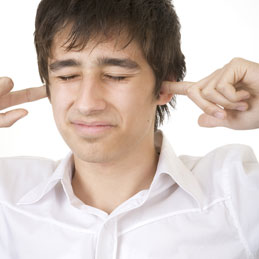


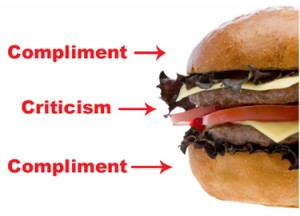
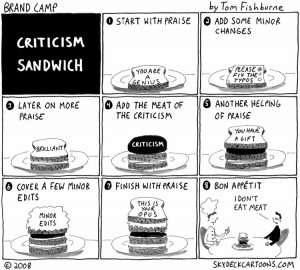





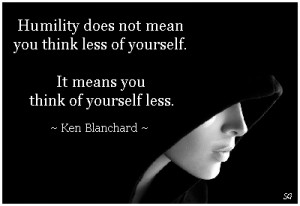
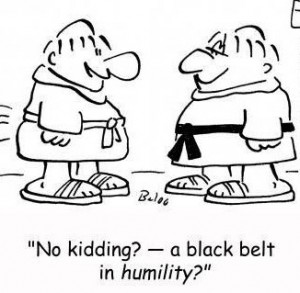


 ;
;